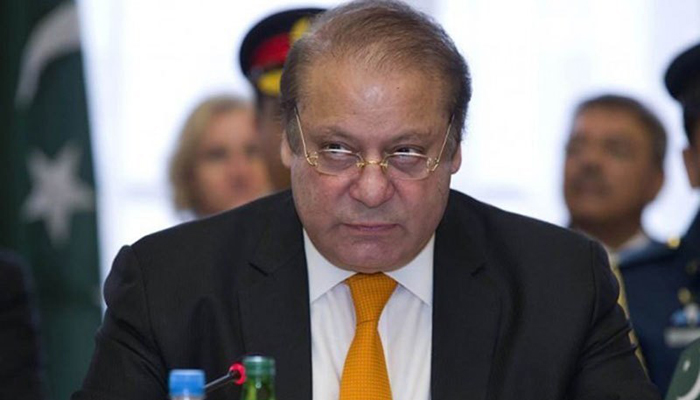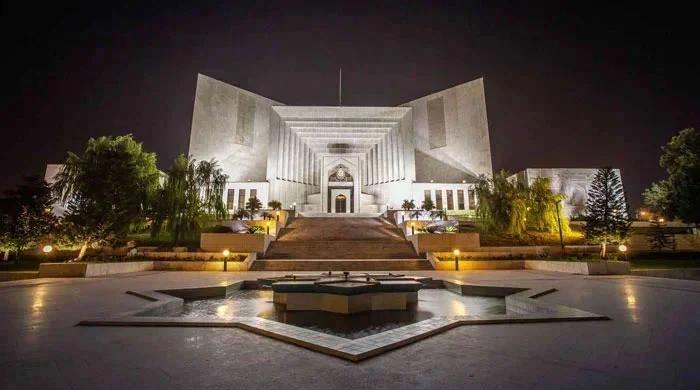PM expresses disappointment over silence on Kashmir in US-India statement
PM Sharif was briefed on Indian aggression in occupied Kashmir along with the situation at the Line of Control
June 30, 2017

ISLAMABAD: Prime Minister Nawaz Sharif on Friday chaired a high-level meeting at the Ministry of Foreign Affairs and expressed disappointment over the silence in the recently released US-India joint statement on the atrocities being committed by the Indian security establishment against Kashmiris.
The premier also emphasised to proactively highlight human right violations being committed in India-Occupied Kashmir (IOK) and the continuous denial of the right of self-determination to Kashmiris.
The prime minister reiterated his priority for a peaceful neighbourhood and resolution of disputes through dialogue.
Nawaz also directed for acceleration in diplomatic efforts in view of recent Indian aggression and violations along the Line of Control.
During the meeting, the regional security situation and Pakistan’s diplomatic strategy were also brought under discussion.
According to sources familiar with the development, Prime Minister Sharif reiterated there would be no compromise on national security and that Pakistan remains committed to peace and stability in the region.
During the meeting, attended by Foreign Affairs adviser Sartaj Aziz and senior Ministry of Foreign Affairs officials, the prime minister gave policy guidelines on aligning the country’s foreign policy with new demands and reaffirmed Pakistan’s stance on maintaining peaceful relations with its neighbours.
On Thursday, the Foreign Office summoned the acting Deputy High Commissioner of India, S Raguram, over recent cross-border violations by Indian forces.
During the meeting, the prime minister was also apprised of border related matters with Afghanistan and Iran and measures being taken by the Ministry of Foreign Affairs.
Sources add that the prime minister was informed about Pakistan’s efforts to fence the border with Afghanistan and the dialogue process with Kabul.
Earlier in June, Pakistan started fencing its border with Afghanistan as a security measure to stop the infiltration of terrorists into the country.
During the briefing the diplomatic crisis in the Middle East was also discussed along with Pakistan’s position on the issue.











